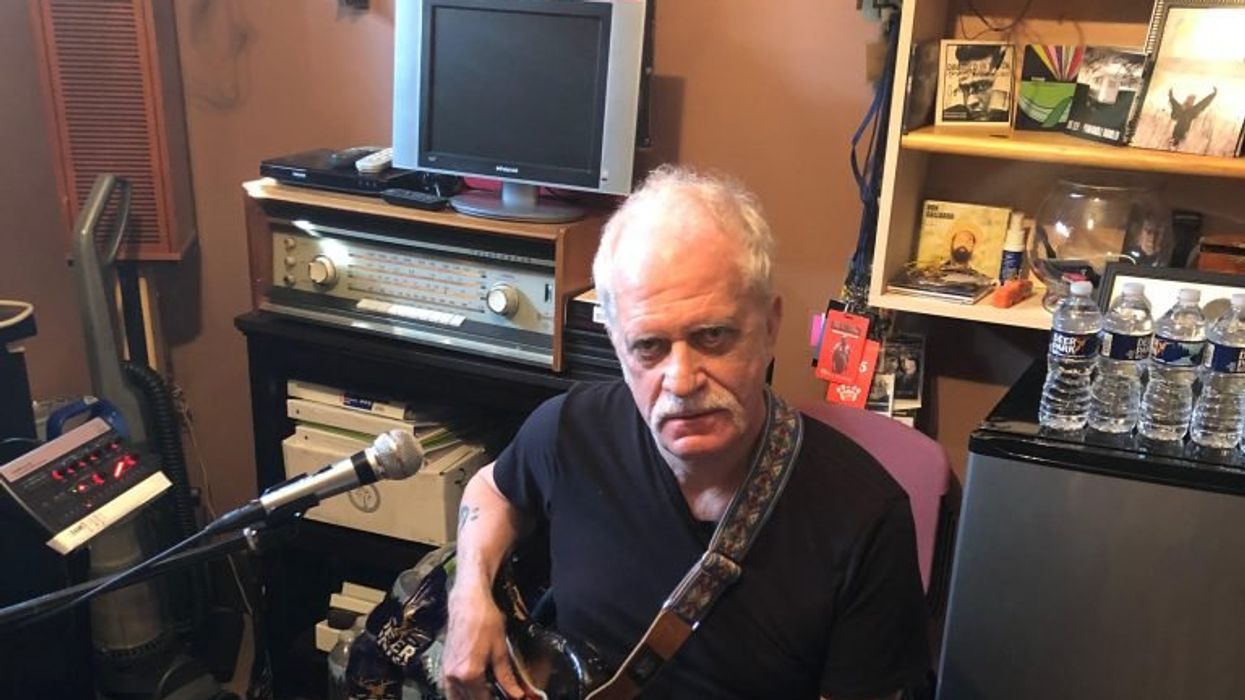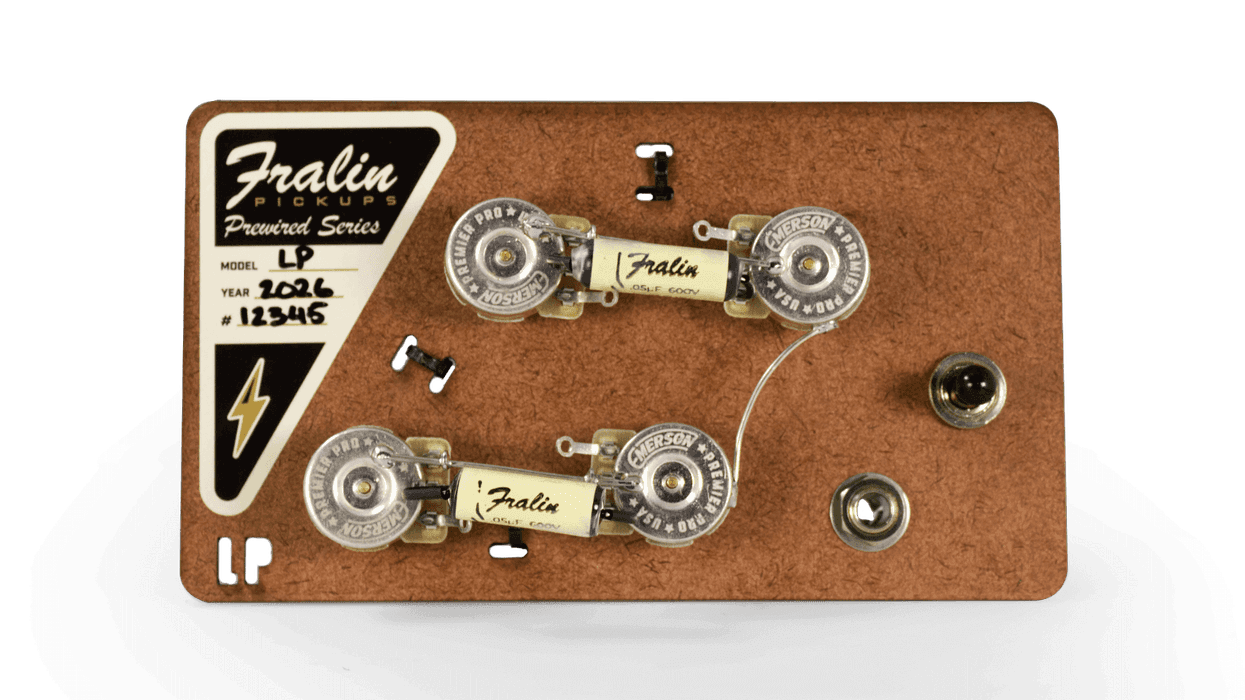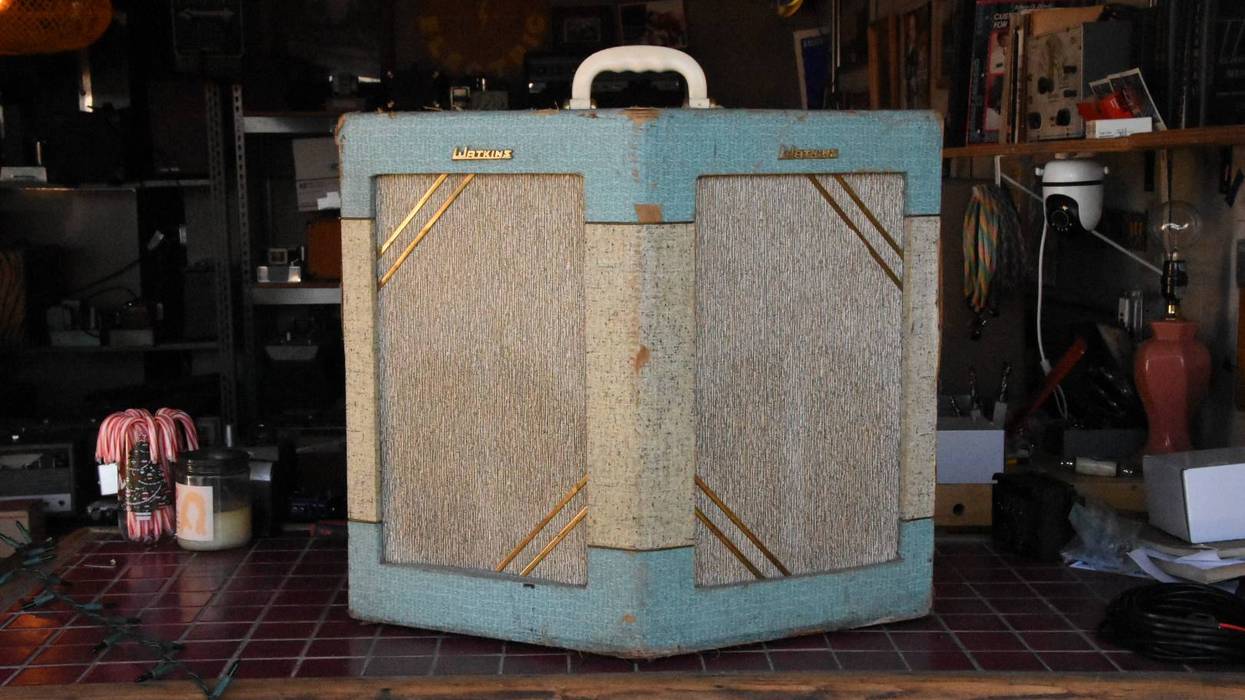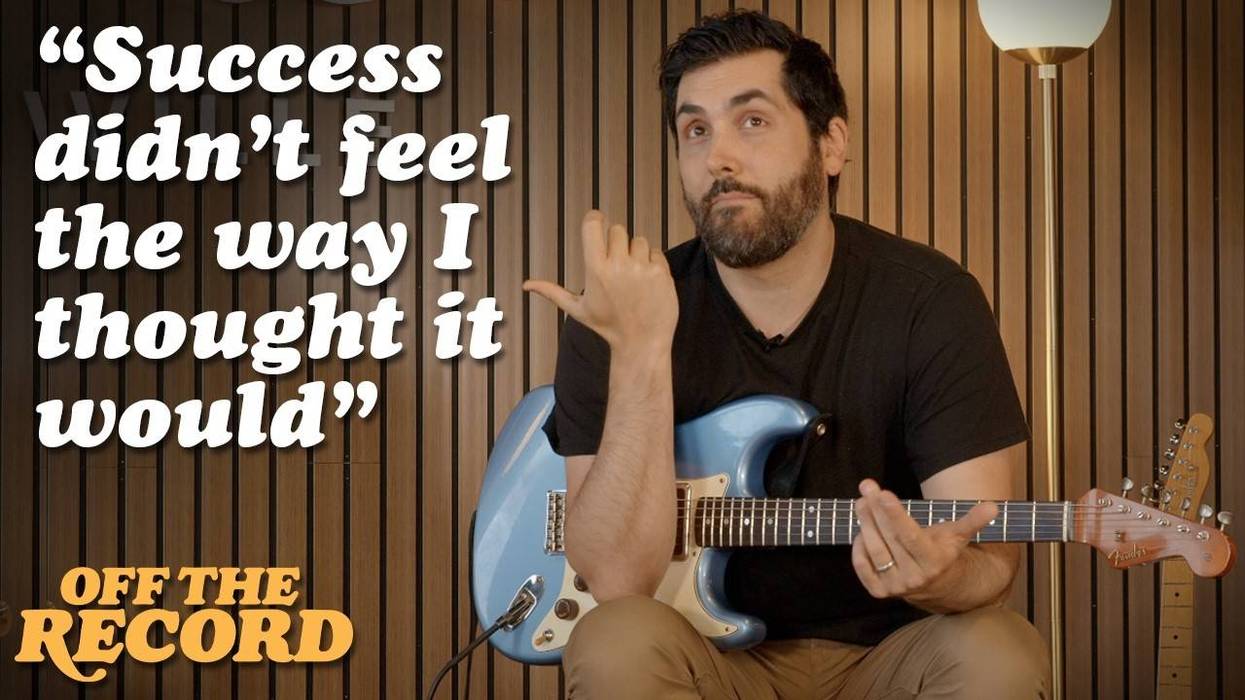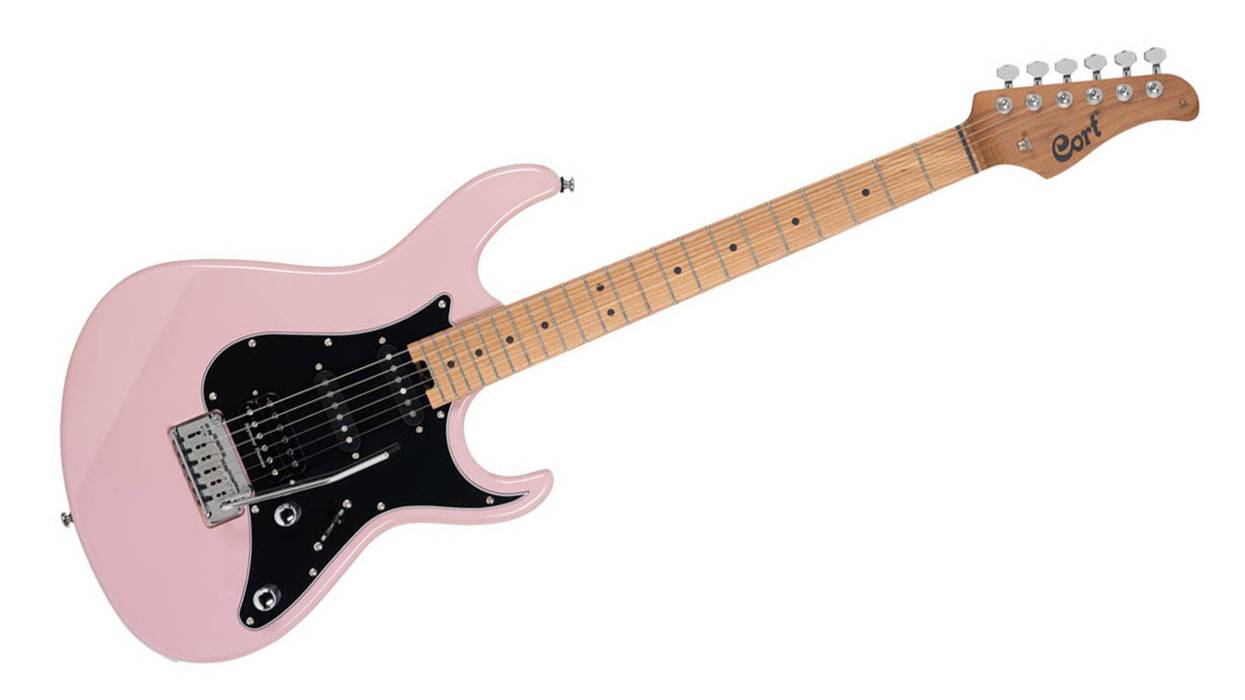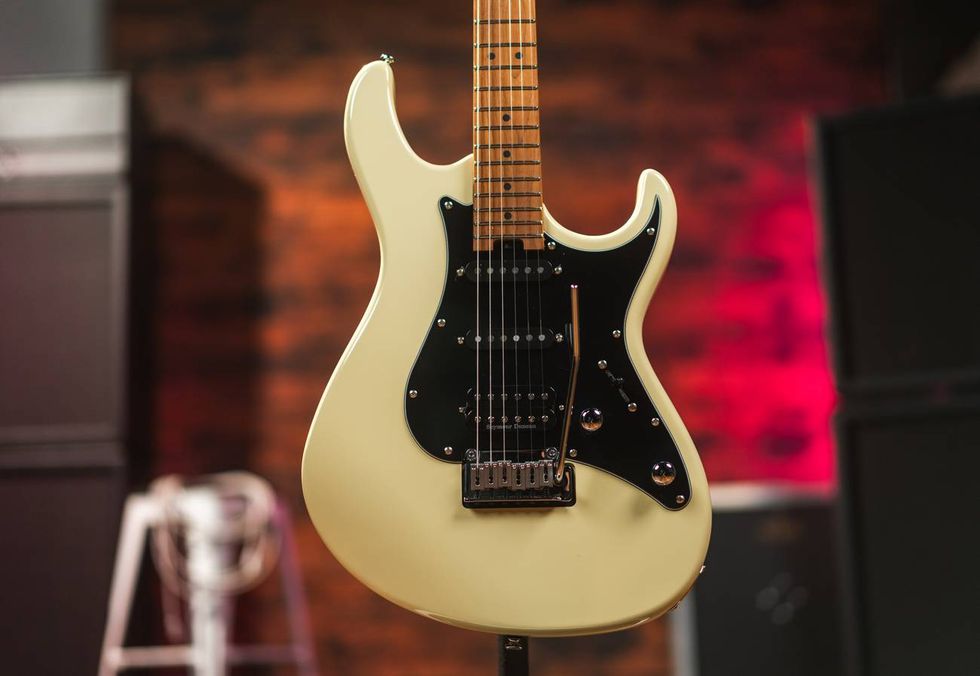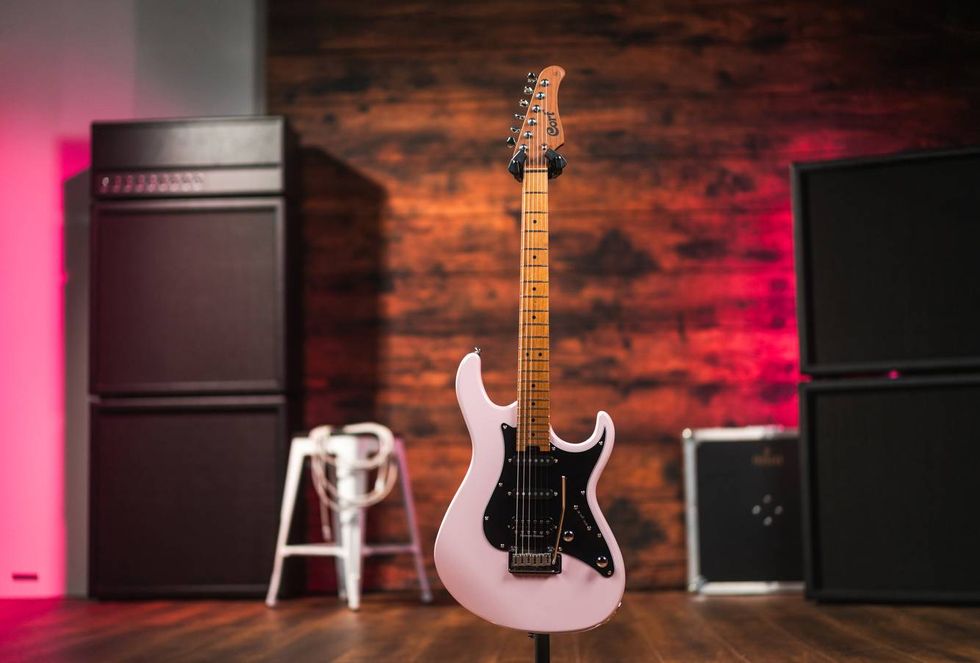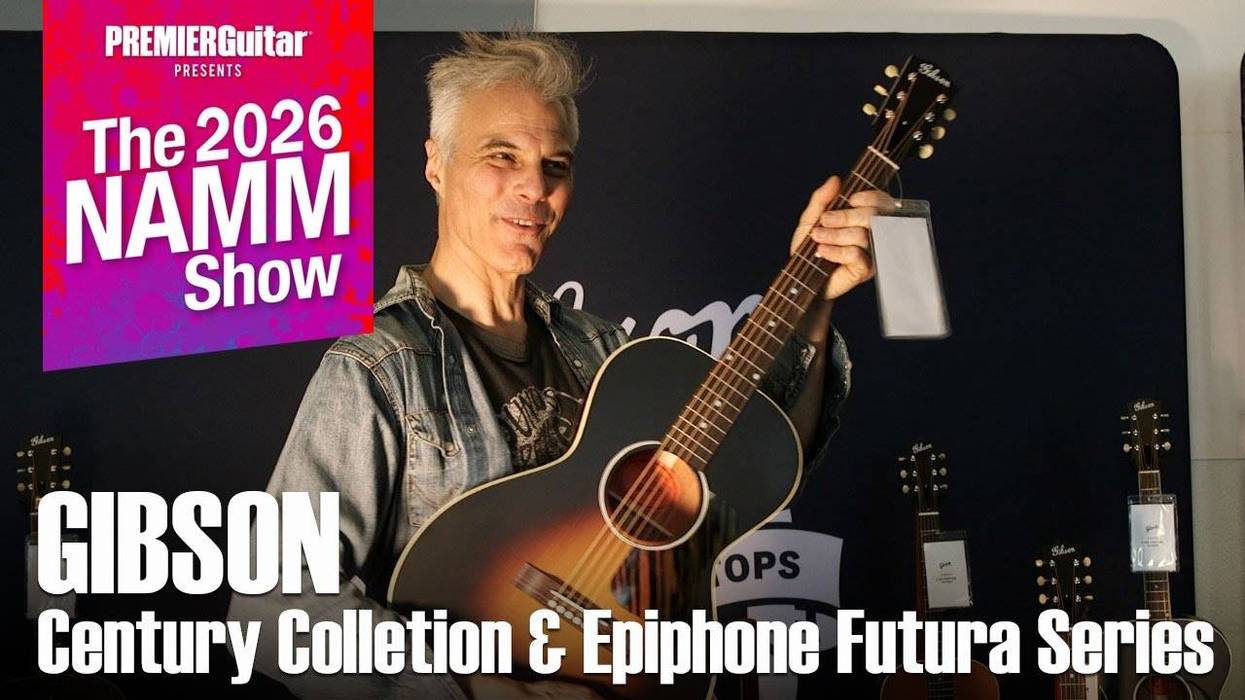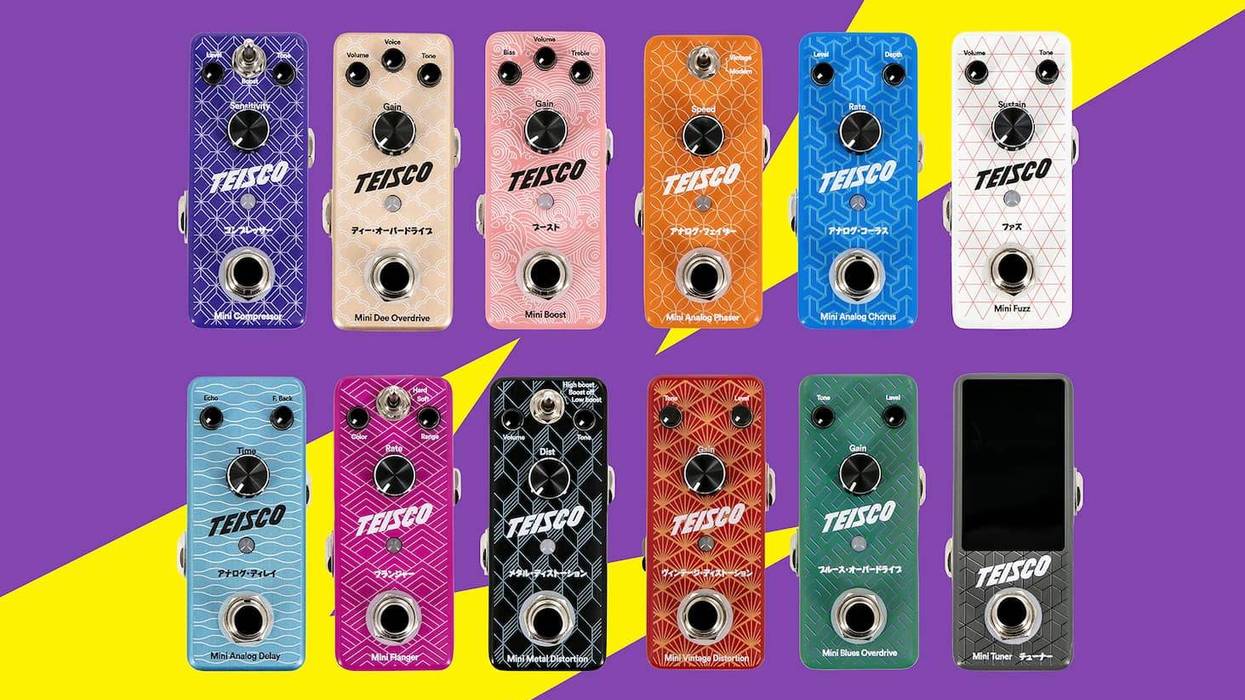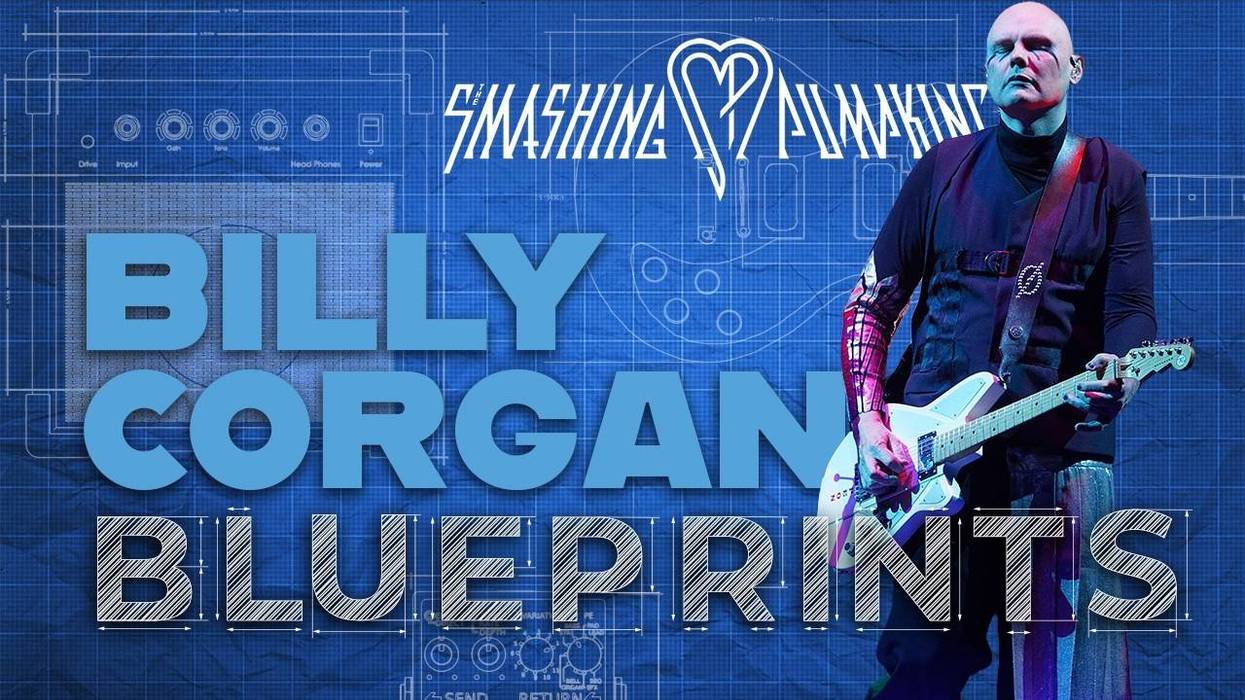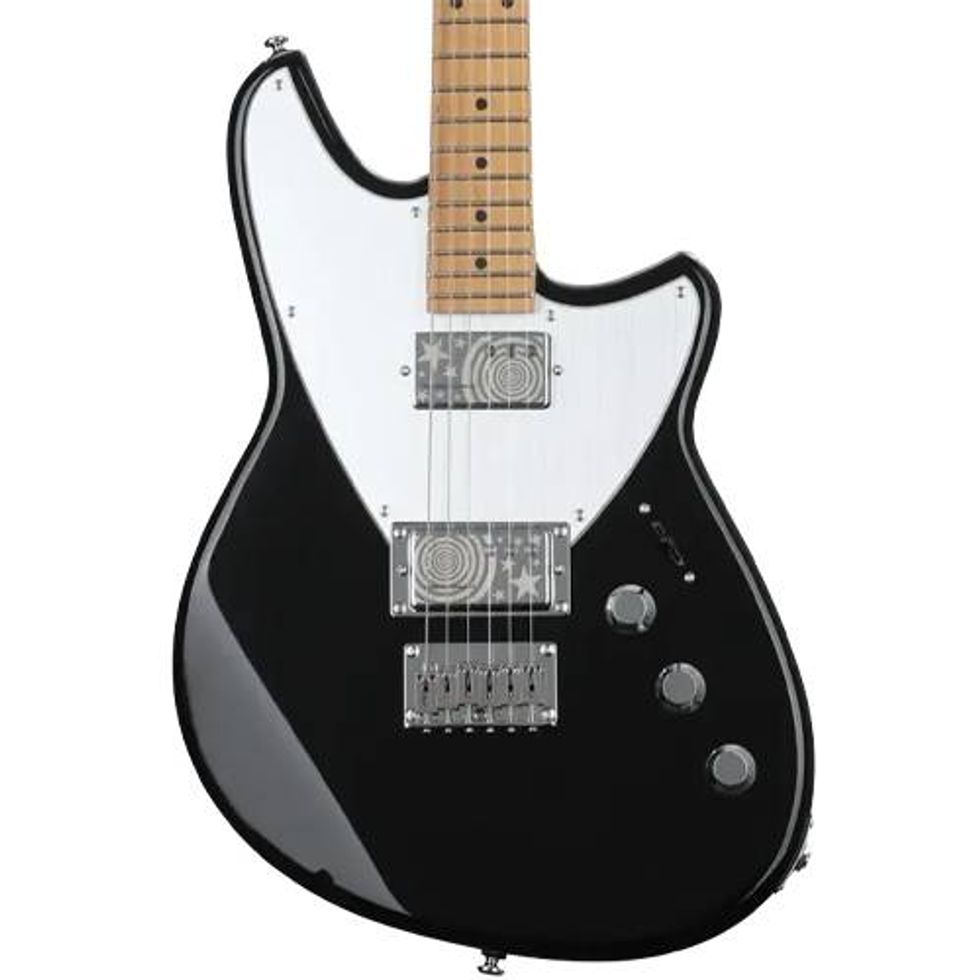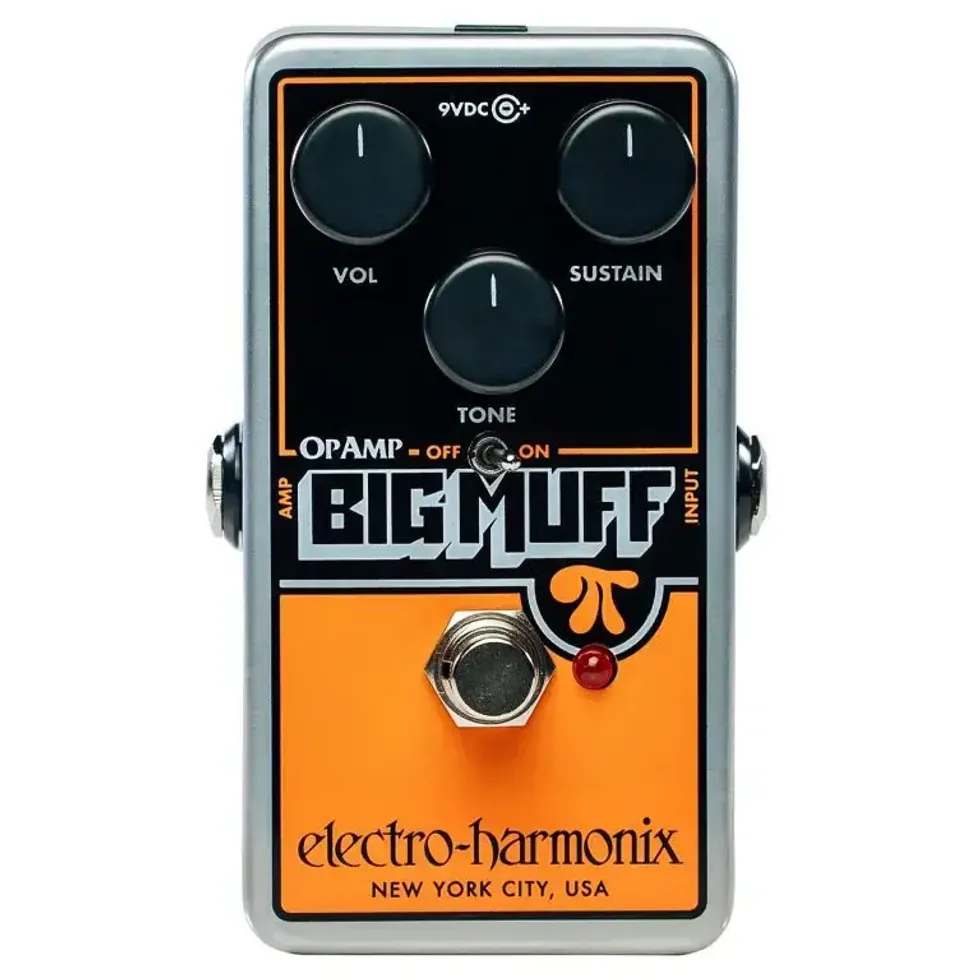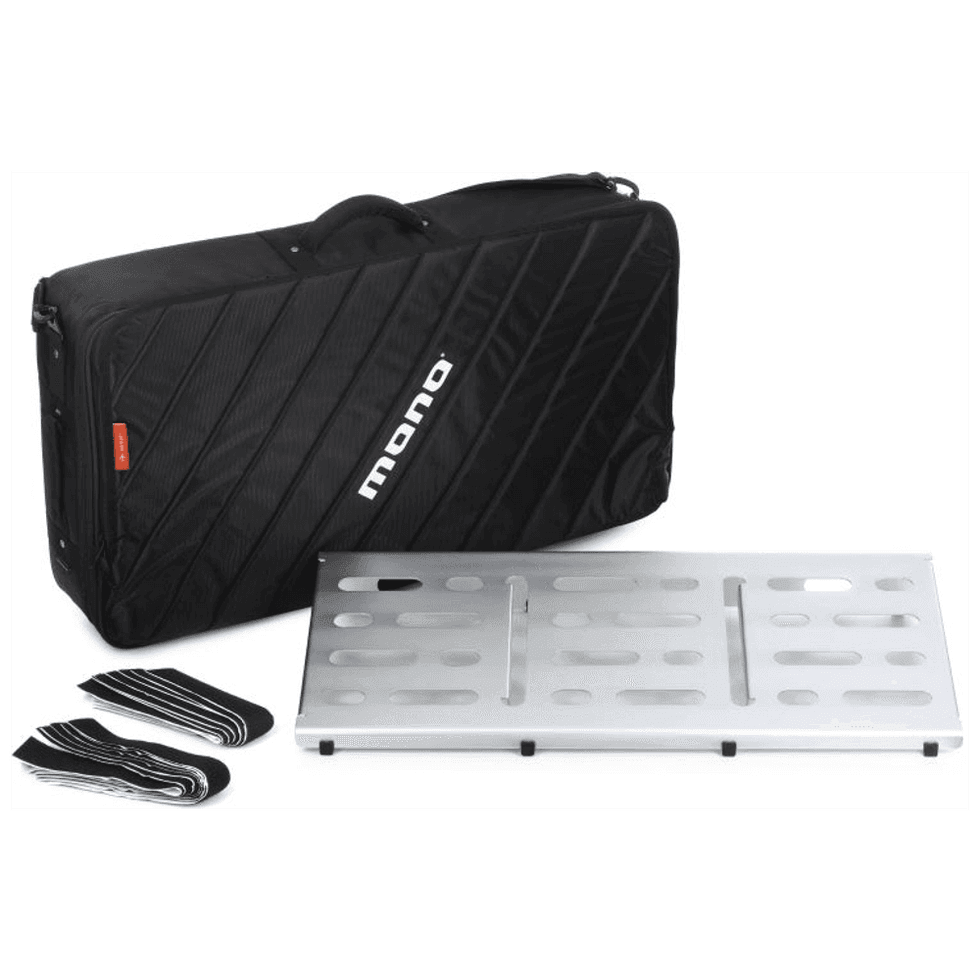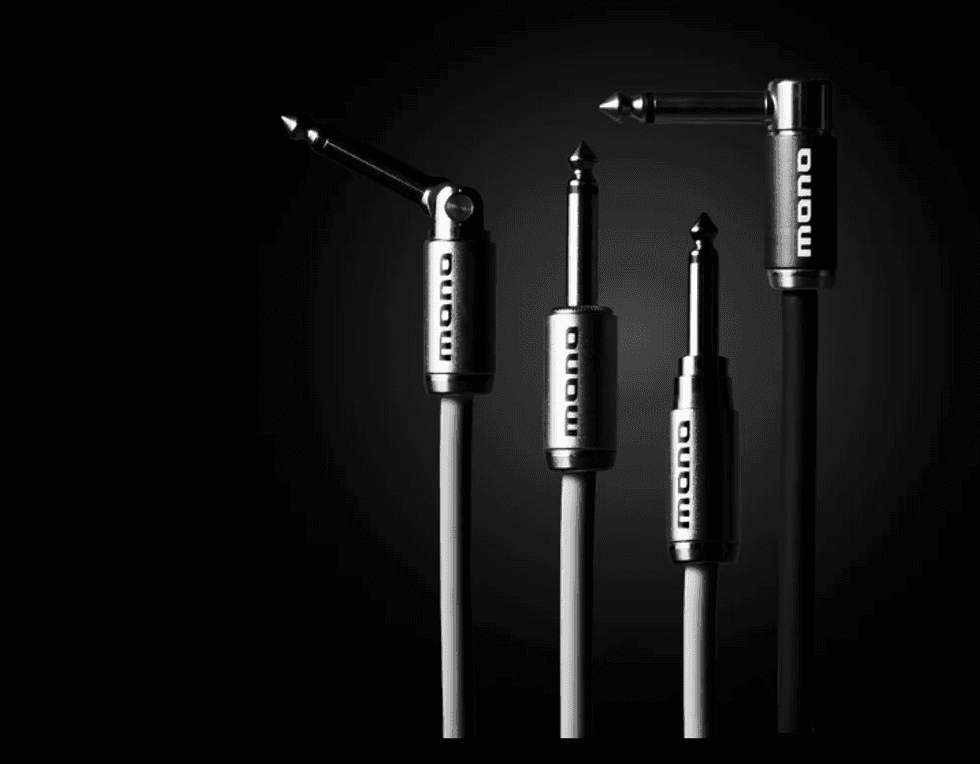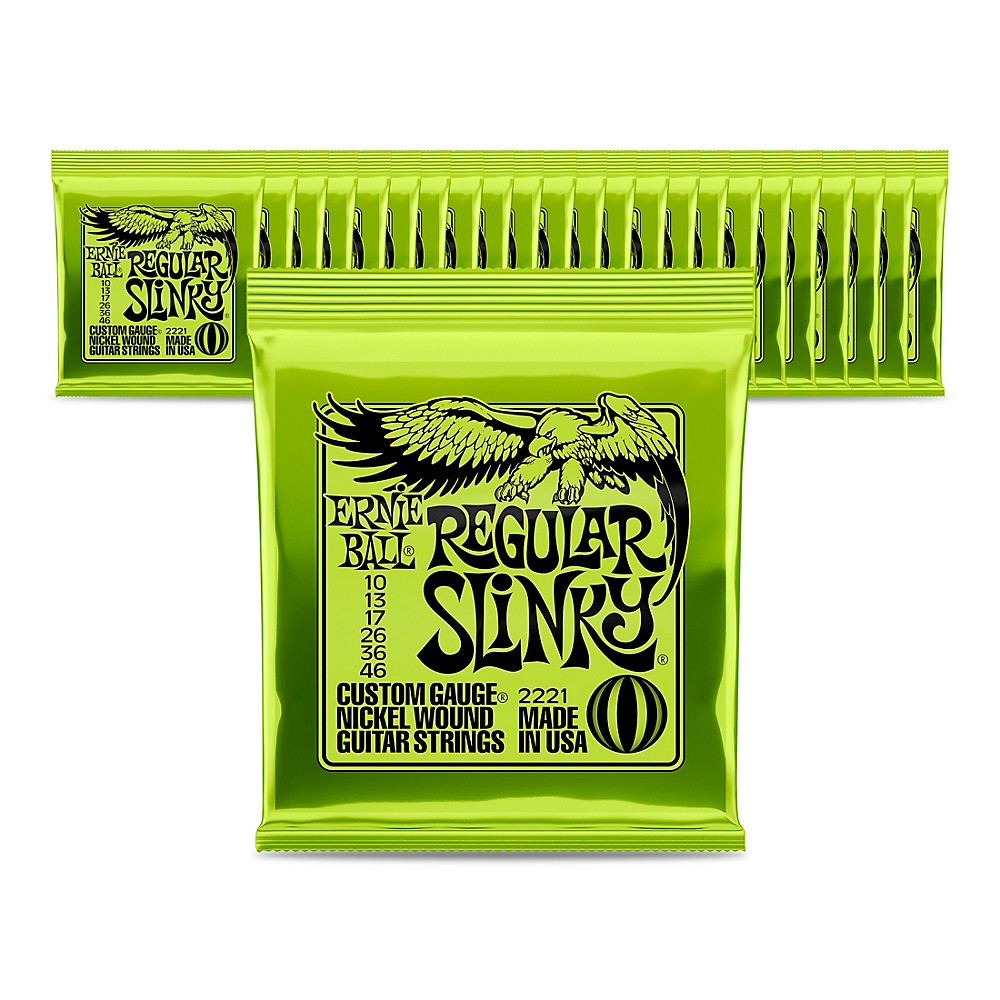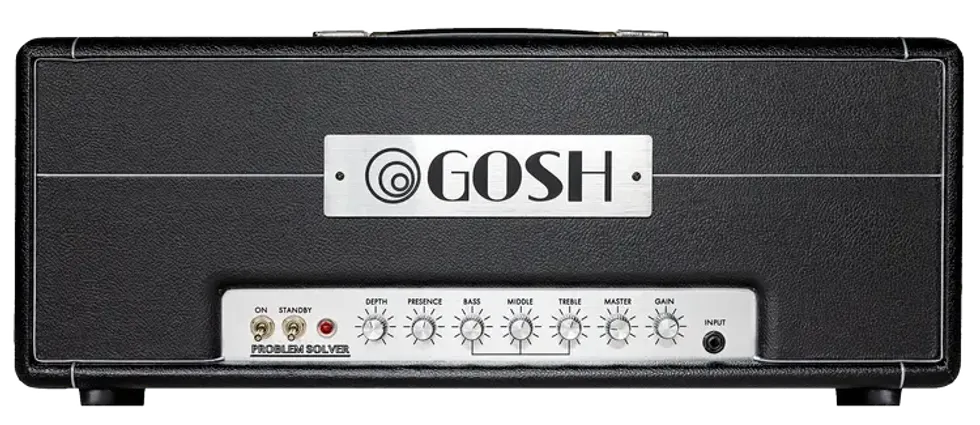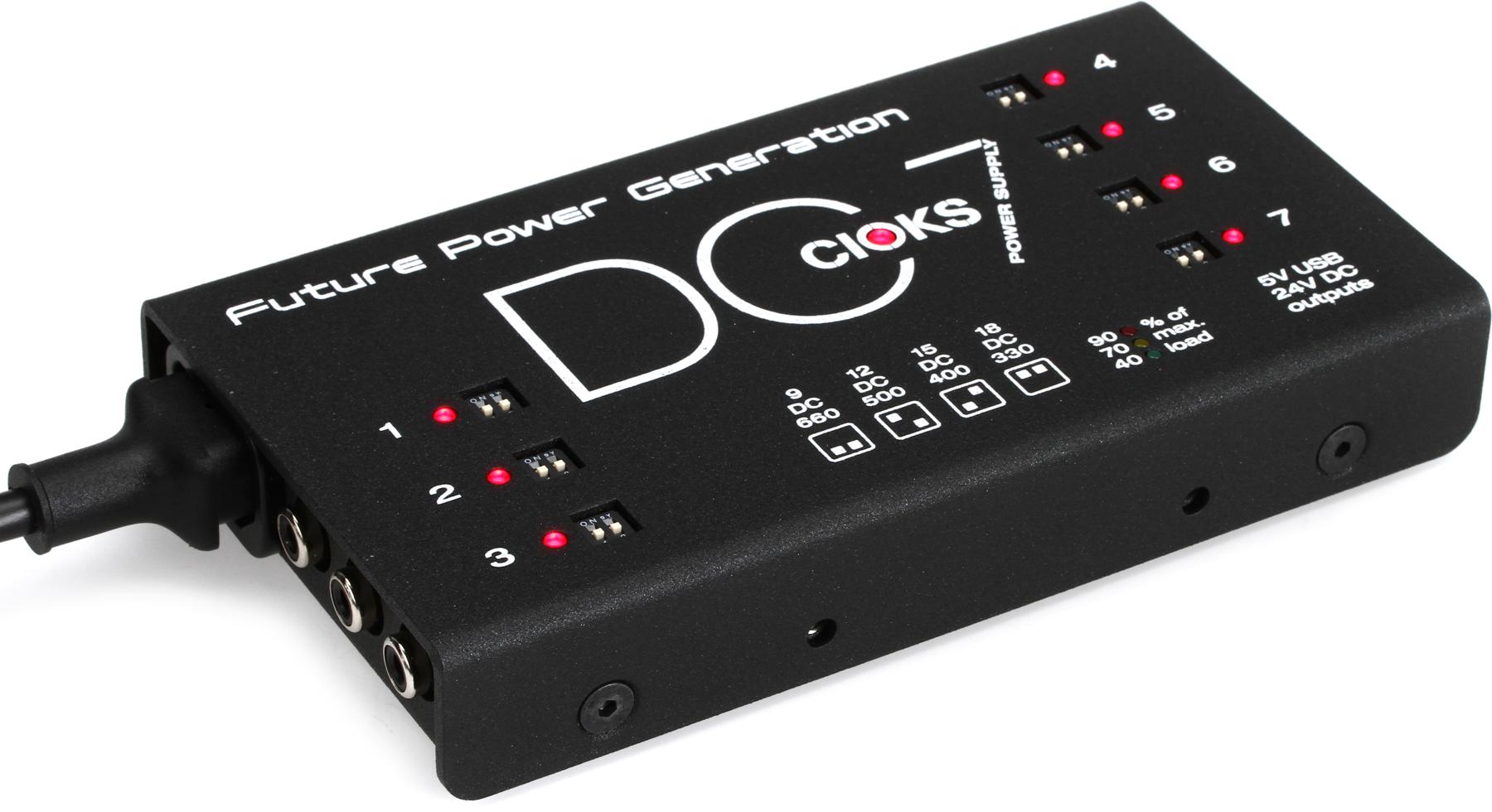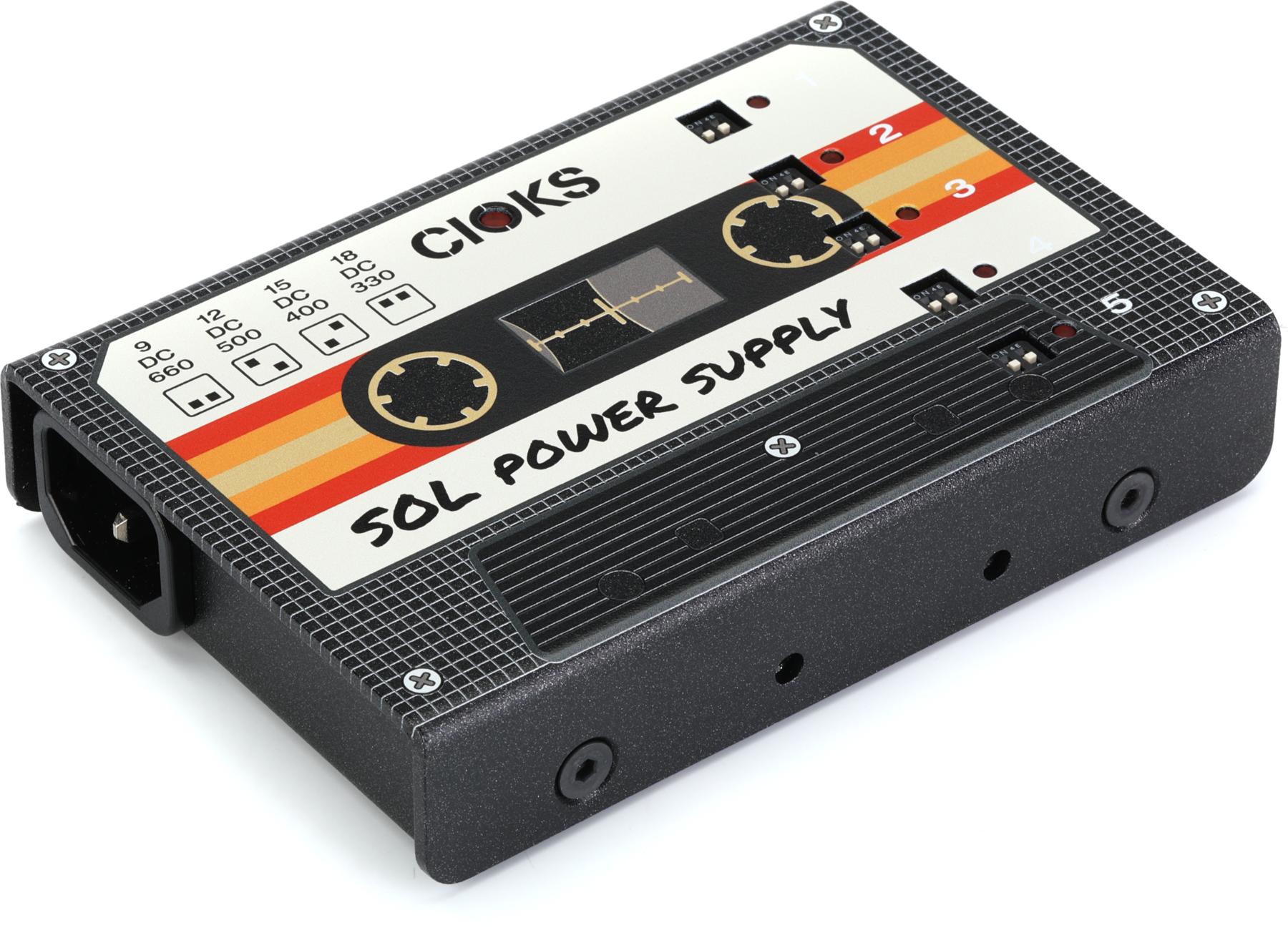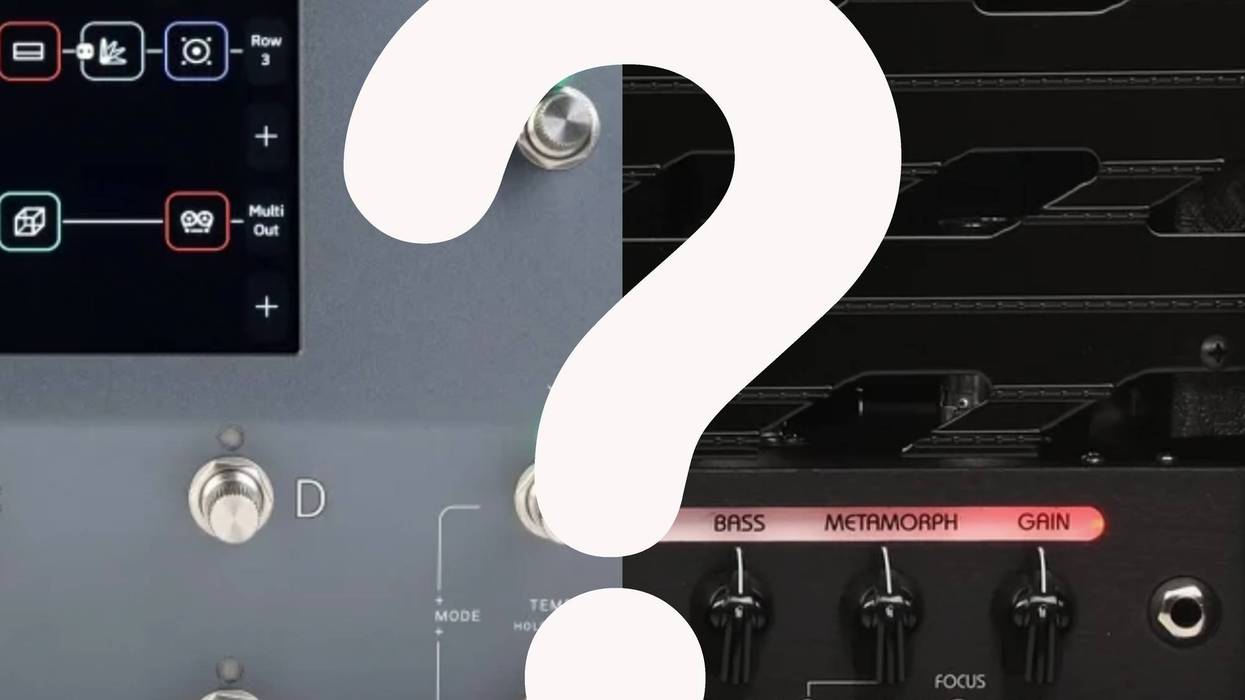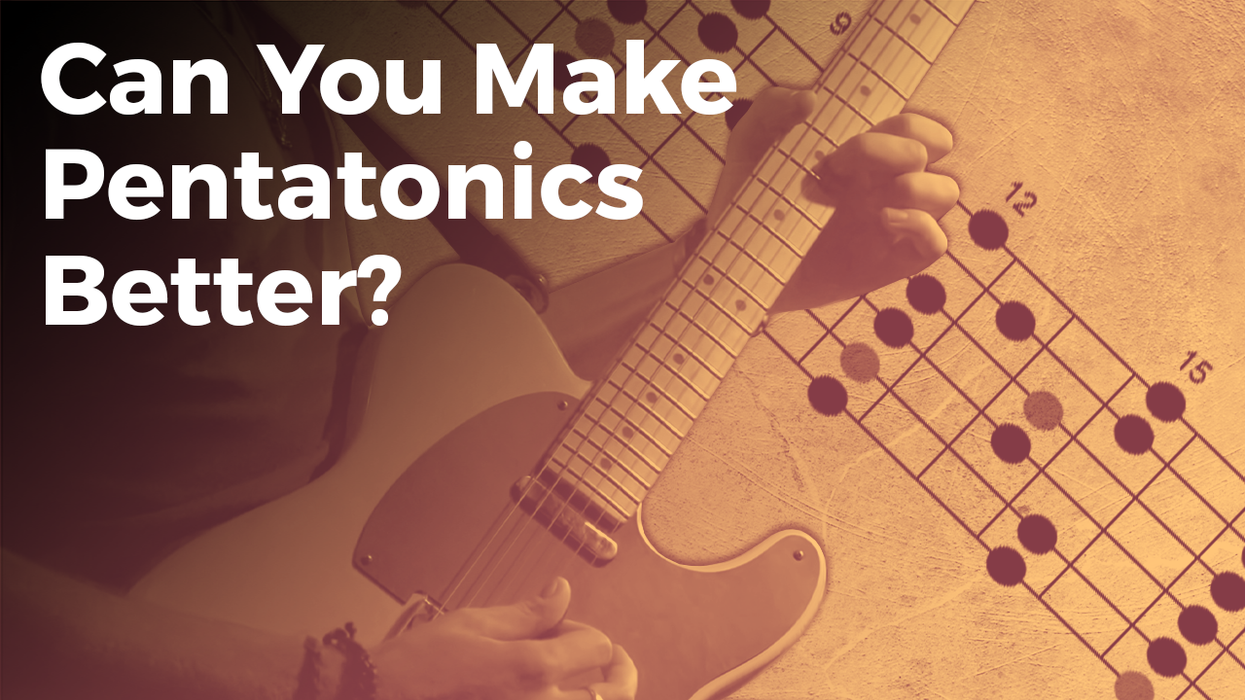Last month the sound of hearts breaking reverberated across Nashville—from corporate offices to studios to indie venues—as word spread of the death of Dave Roe. Dave, who was featured on PG’s September cover, was an extraordinary artist, loved for his playing and his personality. He could be endearingly grumpy, but also had a marvelous sense of humor. And his generosity and welcoming nature were almost as well-known throughout Music City as his live and studio performances with Johnny Cash, Dwight Yoakam, Loretta Lynn, Carrie Underwood, Tony Joe White, Early James, Bonnie Prince Billy, Marcus King, T Bone Burnett, Brandy Clark, Dan Auerbach, Chrissie Hynde, Sturgill Simpson, CeeLo Green, Brian Setzer, Faith Hill, John Mellencamp, Kurt Vile, Bahamas, and so many others. As we said on our cover: “You don't know Dave Roe, but you’ve heard him play.”
I did know Dave Roe. He was one of the first musicians I saw when I came to Nashville nearly 17 years ago, annihilating his upright bass in a trio with guitarist Kenny Vaughan and drummer Jeff Clemens, playing badass, rusty swamp blues in a little beer joint, for tips. It was only later I realized I’d seen him before, supporting Johnny Cash and June Carter Cash in a spectacular performance at a big Boston club called Avalon, on the night of a blizzard that kept all but about 150 of us from hearing the then-reigning king and queen of country music. I recall that the four-block walk in shin-deep snow from the subway took almost a half hour, but it was worth every minute spent slogging along through the face-stinging precipitation.
Over the years, I’ve seen Dave play in an amazing variety of configurations, from supporting singer-songwriters to regular country gigs on the Broadway strip to his recent rock band with Vaughan, the SloBeats, who have an unreleased album in the can. One of the most exciting performances was an all-improvised one-off with the Cure’s guitarist, Reeves Gabrels, and Dave’s drummer son, Jerry. I’d call it free rock, and, after the gig that night, Reeves told Dave I’d been a friend of the last free-jazz guitarist Sonny Sharrock. I think that cemented my friendship with Dave. Sure, Dave had played with Charlie Louvin, but he loved and played entirely unbridled music, too.
“I was onstage with Dave only once, when my regular bassist couldn’t make a gig and I got up the chutzpah to ask him if he’d sub.”
I was onstage with Dave only once, when my regular bassist couldn’t make a gig and I got up the chutzpah to ask him if he’d sub. Dave said yes immediately, and he slayed. Even without time for a rehearsal, he anticipated everything I played and elevated the gig with his fat, authoritative, bull moose tone … and his humor. Some players throw in quotes or tones or brief lines—the sonic equivalent of asides in the theater—that can evoke a smile, and Dave was a master at that, too. Afterwards I was embarrassed to hand him his cut—a mere $40—but I was in, shall we say, financial straits at the time—and he just handed it back, grabbed me around the shoulders, and told me to call him to sub anytime, and that he’d had a blast. His heart was every bit as big as his sound.
Early this year, I tried to talk Dave into writing a column for Premier Guitar. Dave was a masterful storyteller, with no shortage of tales to relate. His session experiences alone, not to mention his dealings with life—and a few mercurial stars—on the road, could fill a tome. But after a few months of occasional conversations, he passed on the idea. Writing, he decided, wasn’t his thing. So, for me, our cover feature on Dave was a consolation prize, a splendid way to frame our first bass-themed issue, and a fitting tribute to an under-sung hero of the strings. Dave was incredulous when I told him he’d be on the cover. And I’d been holding some print copies for him, waiting for a break in deadlines to call Dave to set up their delivery in-person. I still hadn’t made that call when the news of his death spread on September 16.
I’m sharing this because, after that cover story, you all know Dave. Or someone like him. His surprising departure is yet another reminder that we need to value our local heroes. Dave was more than that, of course, but in recent years he’d spent most of his time in Nashville’s studios and clubs, rather than on the road. At times, he seemed ubiquitous. Almost institutional. And now he isn't. Too often, it happens that fast.
We all need to treat people like Dave the way that Dave treated people. So do more than support your local musical heroes. Tell them you value what they do, that they make your life better, that you appreciate them for who they are. If the chance comes up, be a friend. If it doesn’t, be a fan. Pay the cover, feed the tip jar, buy the album, shake their hand. No one and nothing lasts forever … except maybe for the music—in recordings, in memories, in our hearts. And in its influence. And maybe even in the air, in those special places where it’s made. By musicians like Dave Roe.


